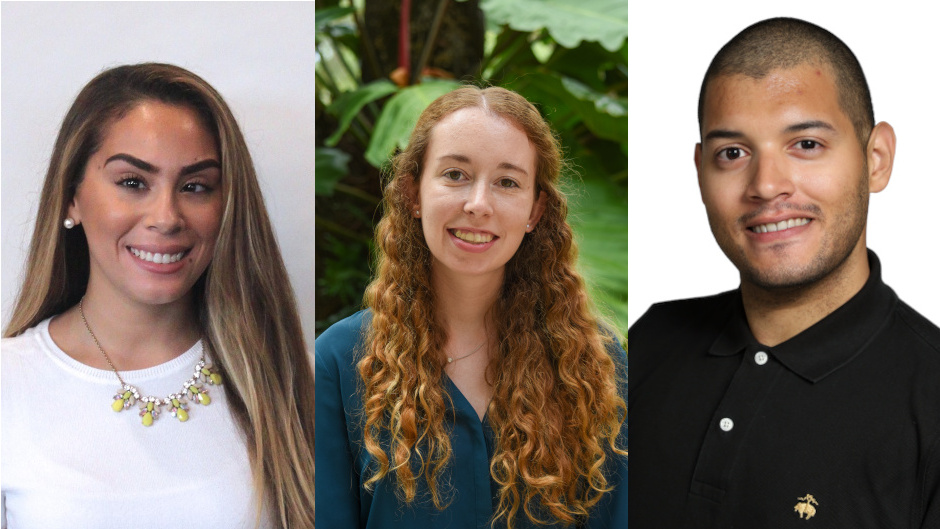For many law students, spring break is an opportunity to catch up on reading and, if the weather is nice, head to the beach. In Miami, where the weather makes it feel like it's always spring break, Miami Law students find the time to gain legal experience through pro bono legal advocacy alternative spring breaks. Coordinated through the HOPE Public Interest Resource Center, pro bono legal advocacy alternative breaks connect students with pro-bono opportunities with a variety of agencies in the community that allow students to build practical skills while giving back to communities in need. This spring break, HOPE coordinated opportunities for Miami Law students in disability rights with the Disability Independence Group criminal justice reform with the Florida Justice Center, and reentry and voting rights with the Florida Rights Restoration Coalition.
Miami Public Interest Scholar and 1L, Laura Curry, worked locally with DIG, a centralized resource center and advocacy group that promotes the rights of people with disabilities. "At DIG, I was able to get a firsthand look at the work of a litigator and I received a crash course in Florida appellate procedure," Curry said. "It was exciting to be in the office when each day a new opinion came down from the court in a case that DIG was working on." Curry adds that the experience was very meaningful. "I greatly appreciated the opportunity to help out with cases that are extremely impactful in fighting discrimination and eliminating barriers for people with disabilities."
Curry wasn't the only 1L involved in the pro bono legal advocacy spring break opportunities. 1L Omar Guzman-Toro also participated and said, "I chose to volunteer for the Florida Justice Center to learn about aspects of the criminal justice system that are often absent from casebooks."
As a nonprofit legal aid and reentry organization, FLJC seeks to reduce the number of incarcerated people in Florida and encourage steady reentry into the community through social services. "Working with clients to seal or expunge their criminal history record has shown me that an adjudication of guilt can lead to more than a period of confinement or financial obligation; notwithstanding a small number of cases eligible for relief under Florida law, repaying one's debt to society can still result in a lifelong sentence of barriers to housing, employment, and education."
Jennifer Jimenez, a 3L, also gained experience volunteering on a criminal justice initiative with FRRC. The grassroots organization is directed by returning citizens and focuses on working to restore the rights, including voting rights, of individuals who were formerly incarcerated. "I wanted to help break down the barriers to voting for returning citizens and assist in restoring their right to vote with the passing of Amendment Four," Jimenez said. "Coming from a Spanish-speaking immigrant household, I saw how hard it was on my parents to feel like their voices weren't being heard."
For students curious about an area of law or wanting to become more involved in the community, pro bono legal advocacy alternative breaks are ideal. "FRRC provided me the opportunity to advocate and be a voice for the voiceless," Jimenez said. "This is an experience that will carry on with me wherever I go."
For information about opportunities to volunteer over fall, winter, and spring break next year, email umhope@law.miami.edu.
Read more about Miami Law's HOPE Public Interest Resource Center
More on studying social justice and public interest at Miami Law

